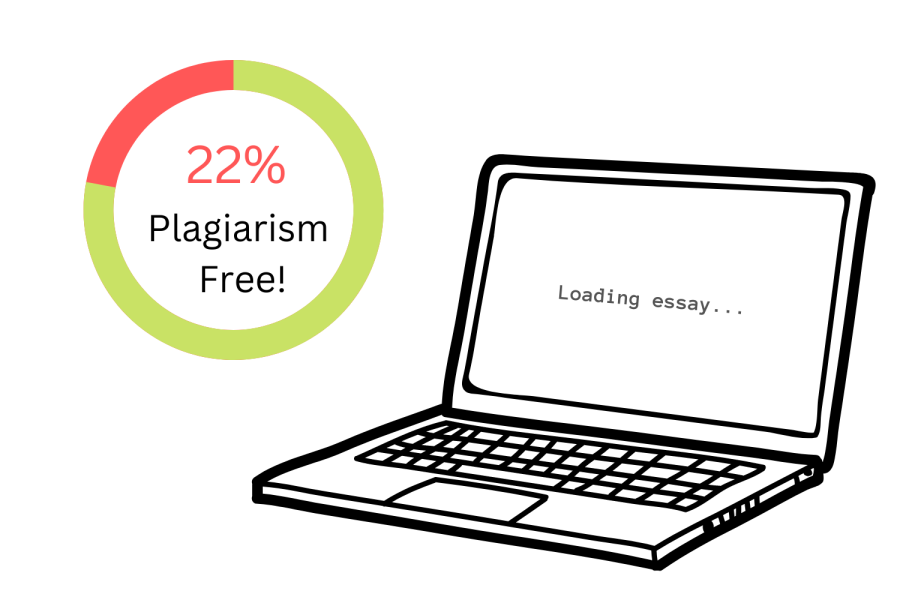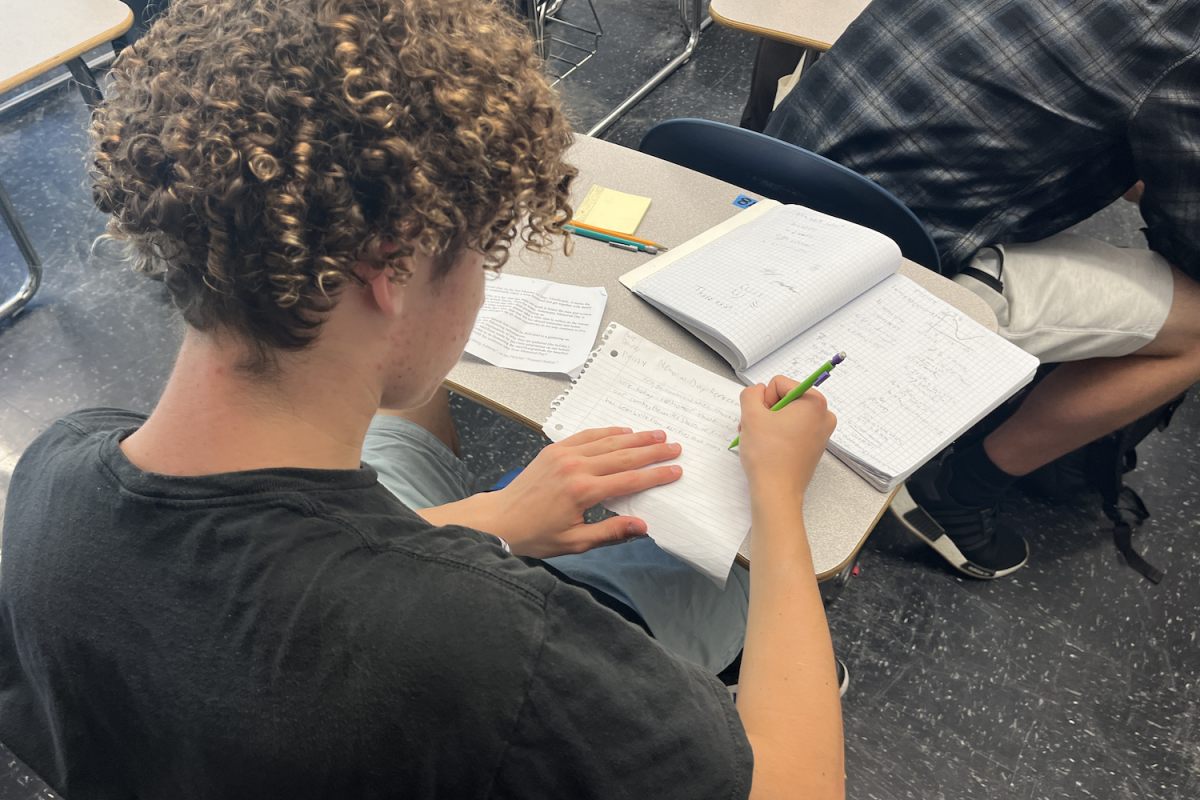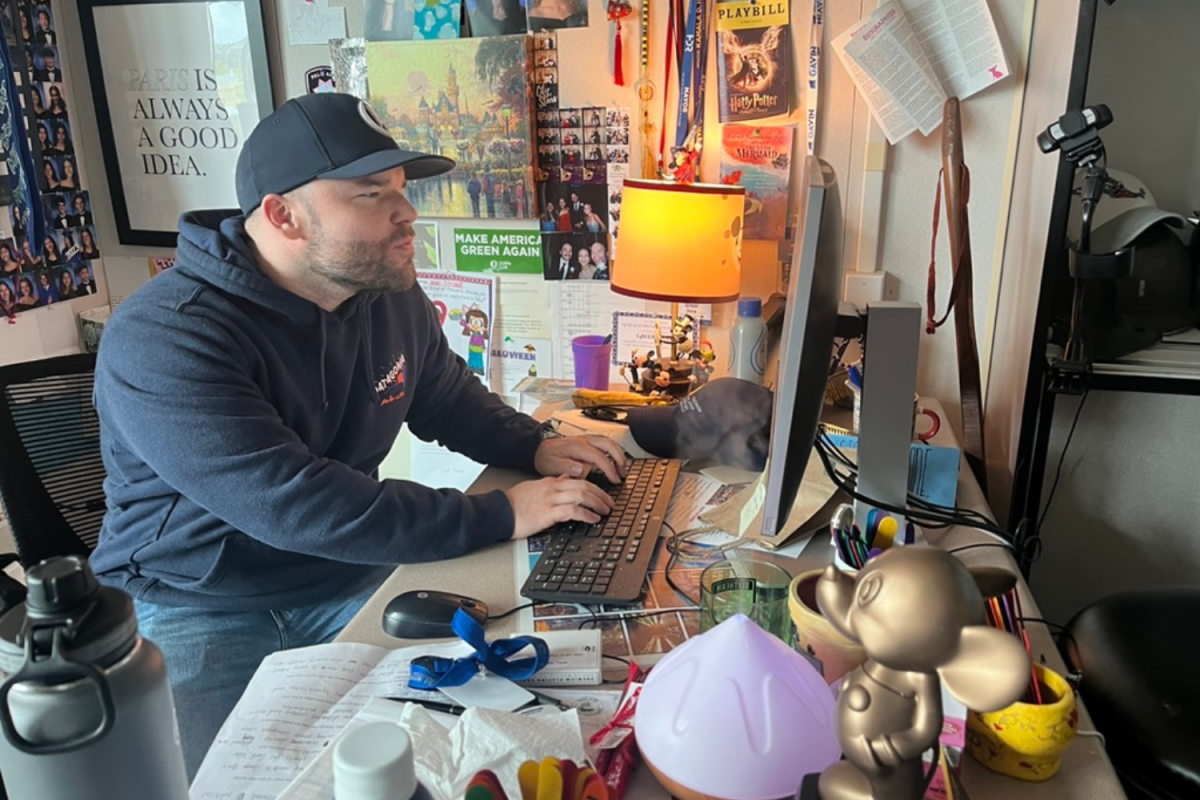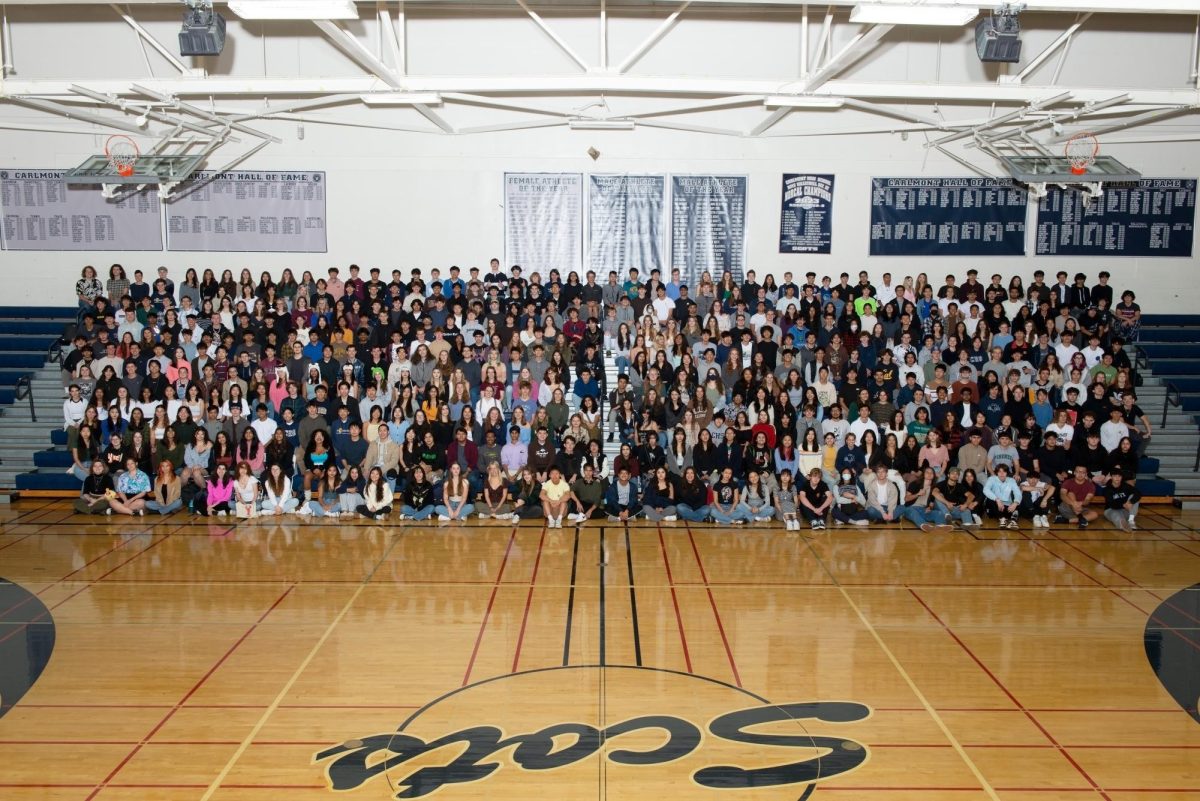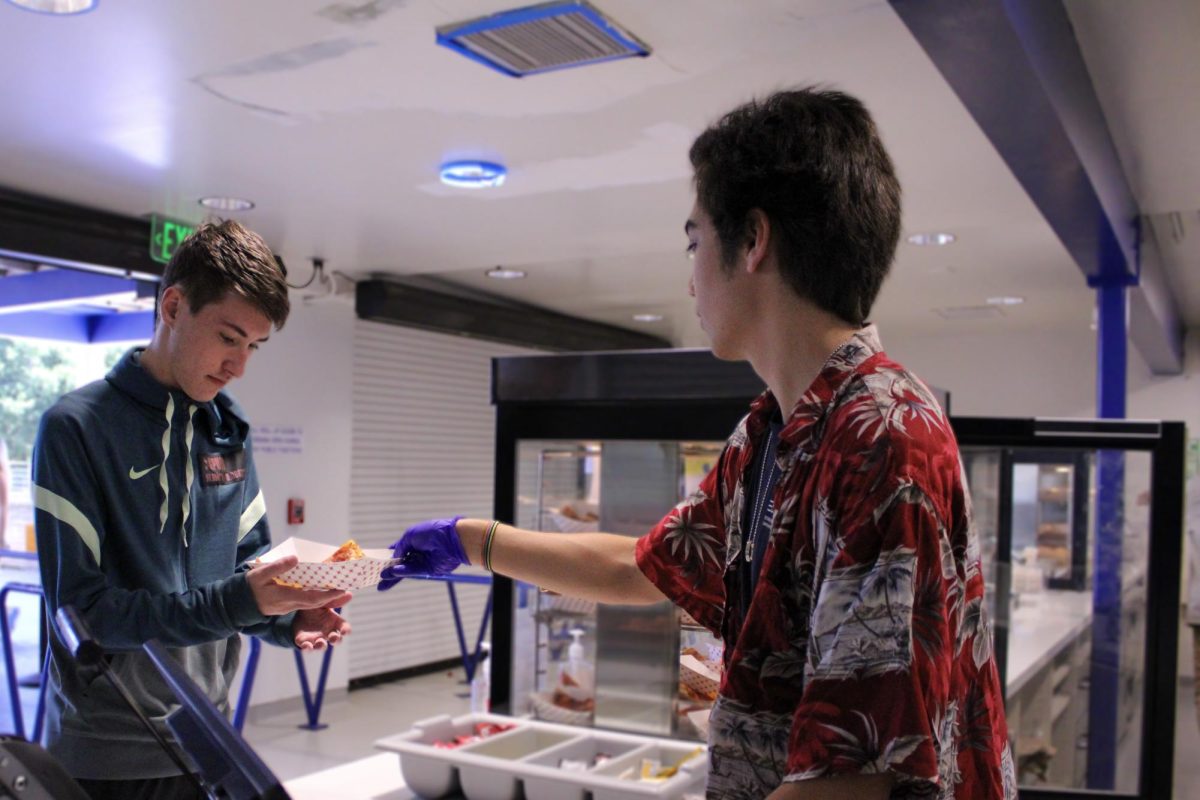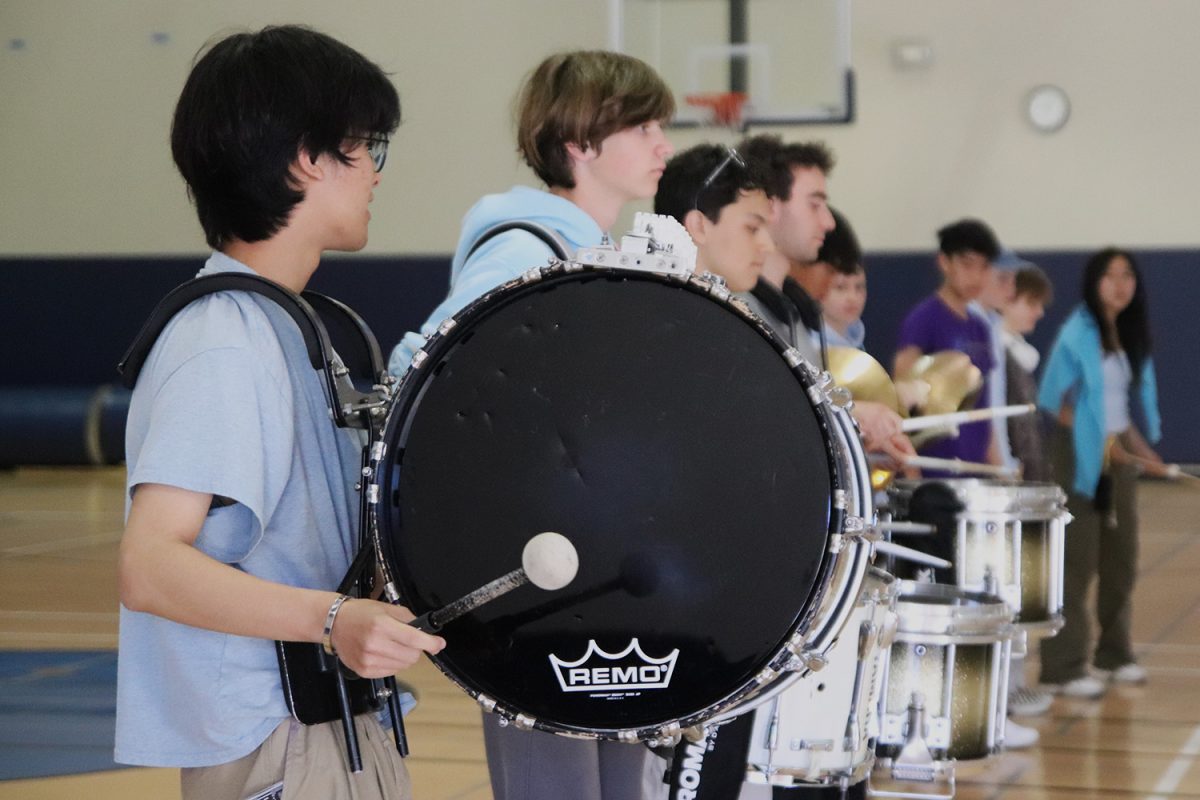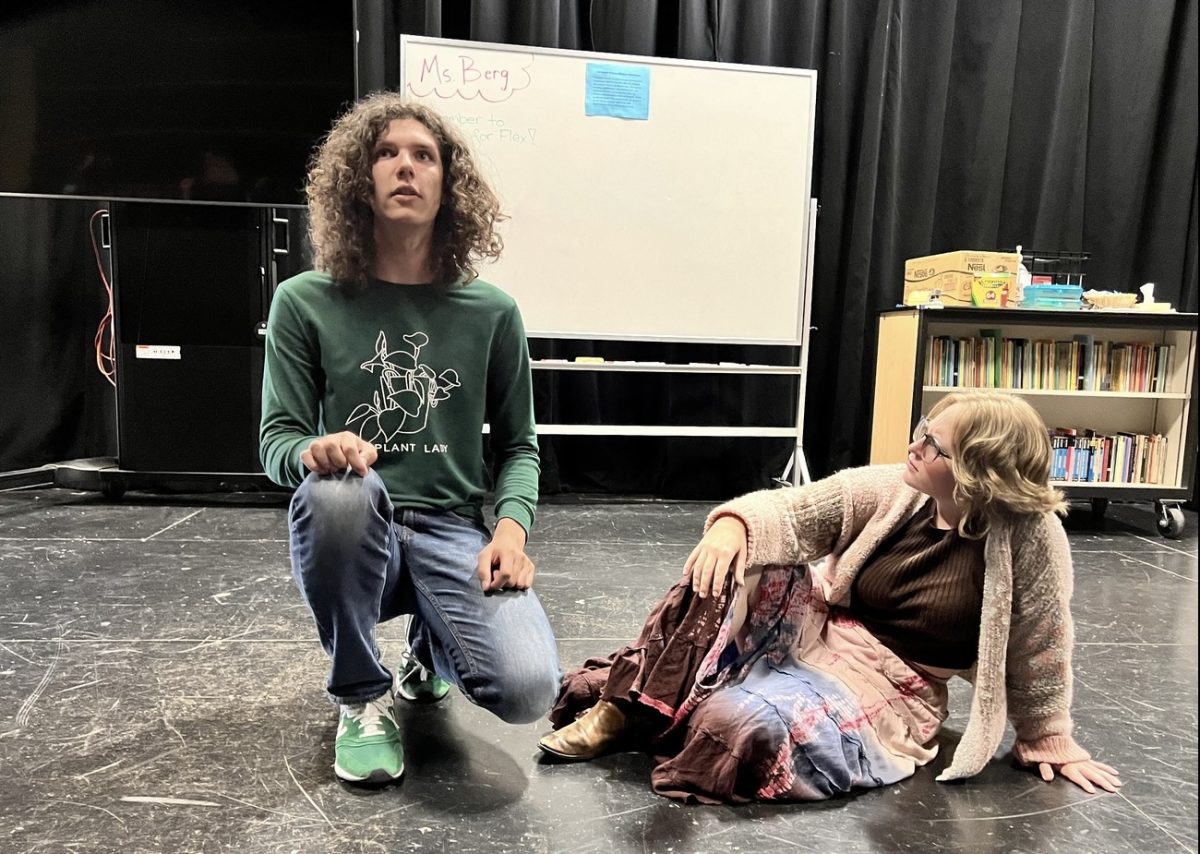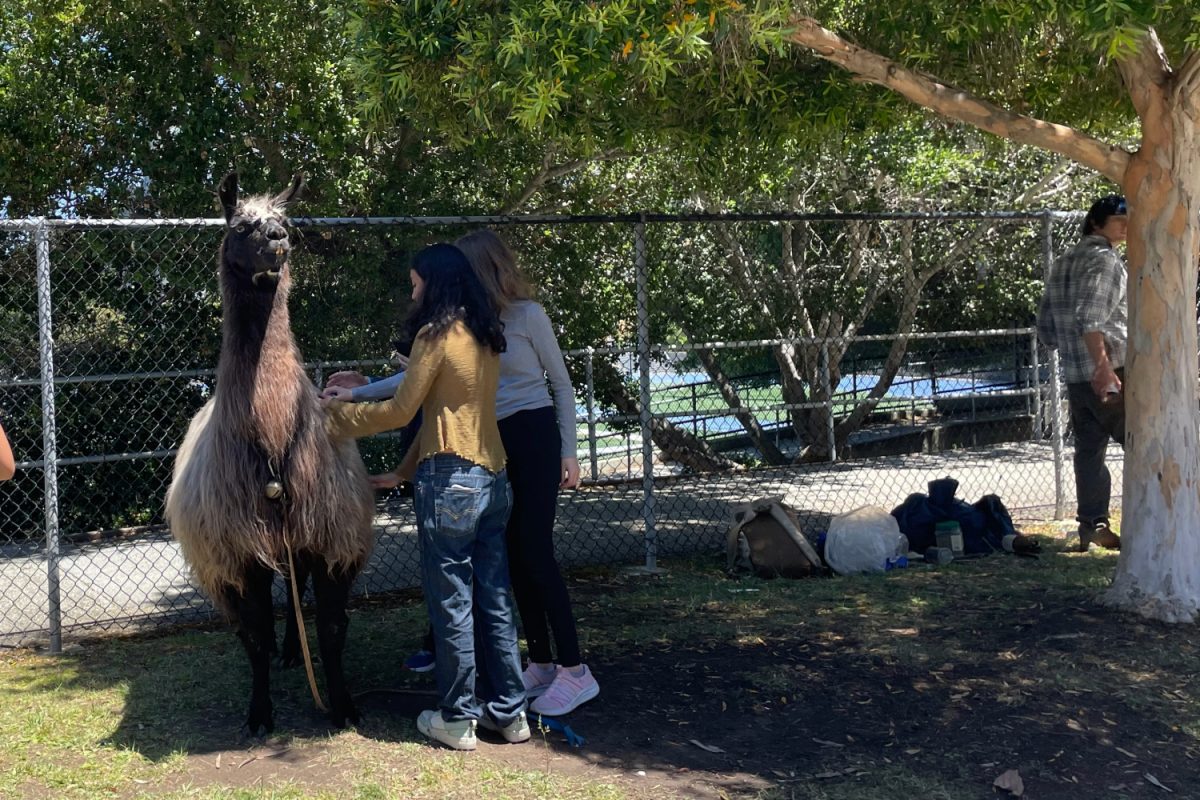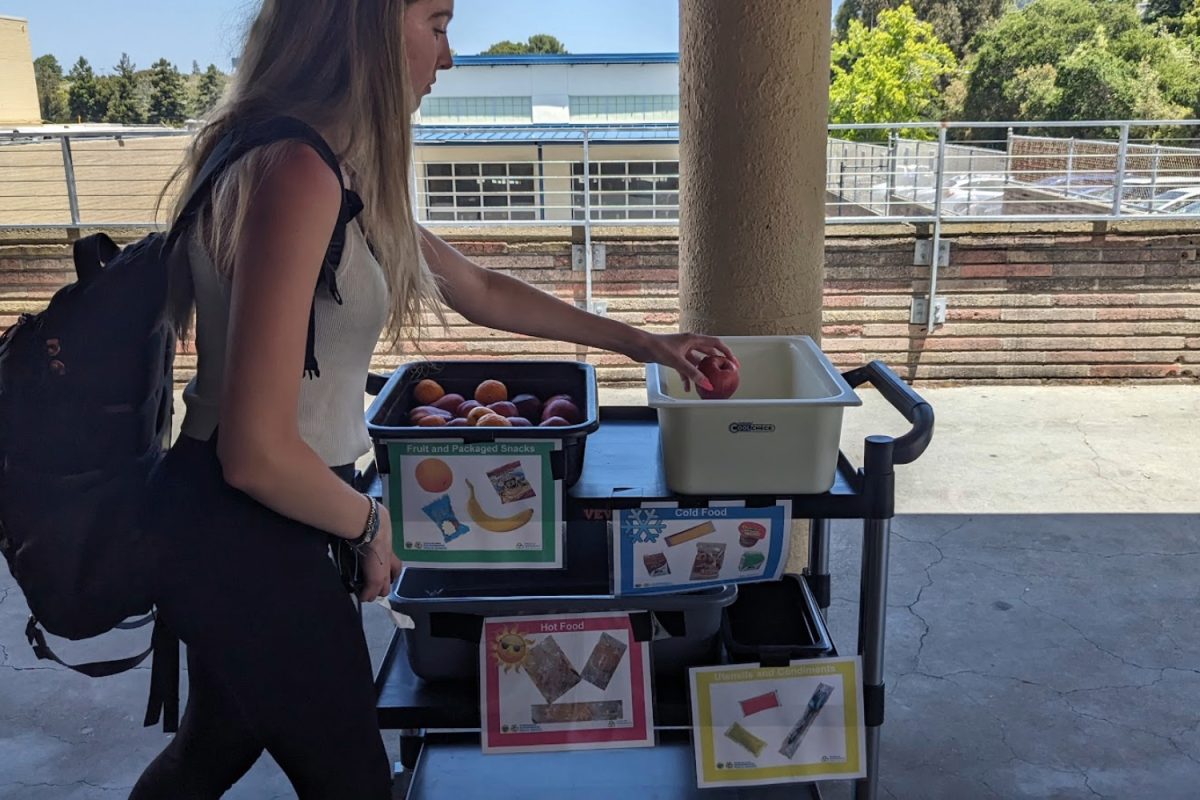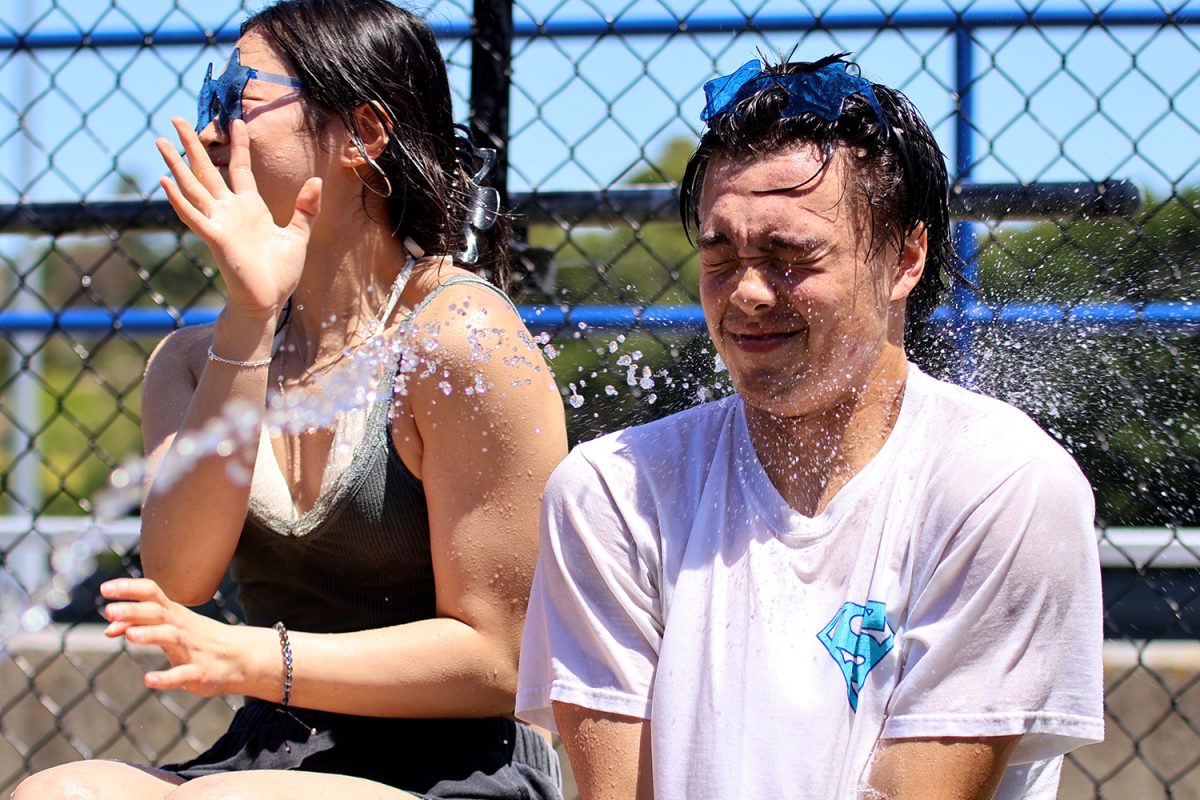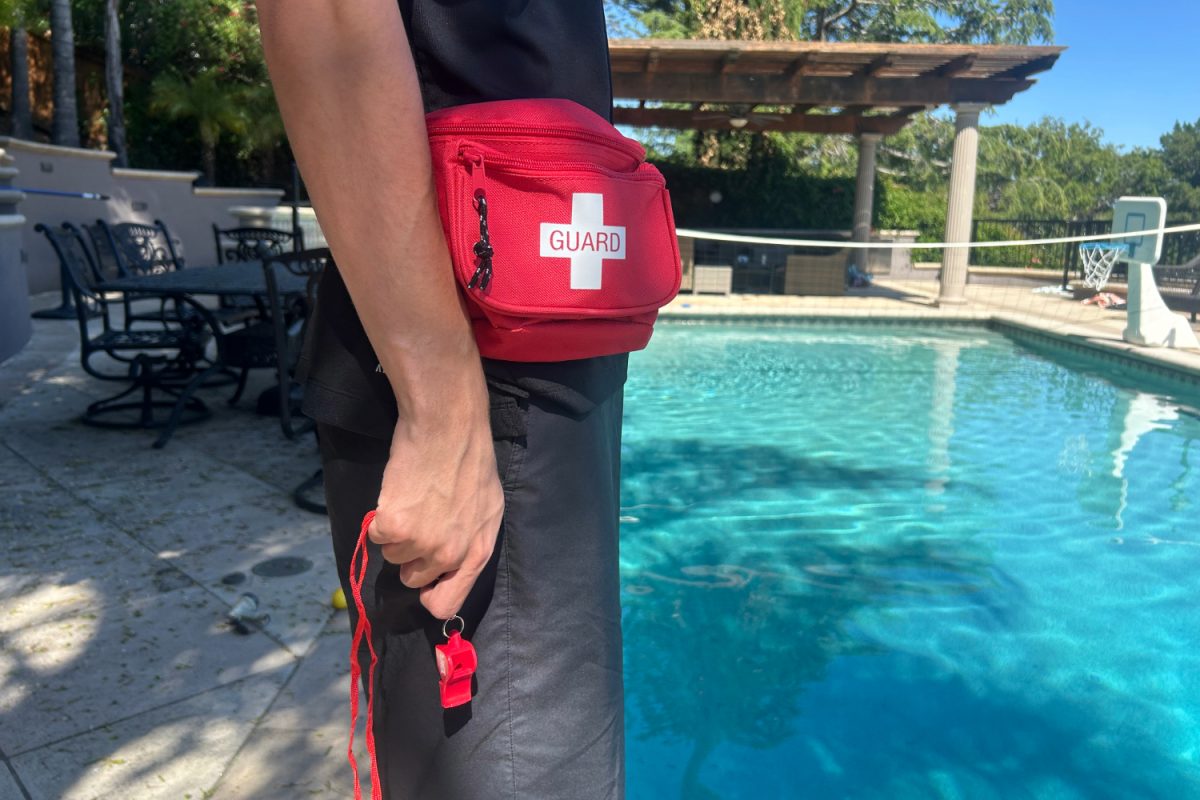As technology and artificial intelligence (AI) get more and more advanced, a revolutionary new model created by the company OpenAI has become an object of public attention: ChatGPT.
ChatGPT is an AI chatbot that has been trained to interact in a conversational way. It uses training from a large data set of text to generate human-like responses to prompts entered by the user. The scope of its data set allows the technology to recognize patterns to provide answers that are reminiscent of human-produced writing.
Additionally, ChatGPT popularity has skyrocketed in the past month. Although Carlmont was quick to block the website from the school’s wifi, students can outmaneuver it through hotspots. The newness of it all leaves teachers unsure about what exactly ChatGPT entails and what threat it really poses.
“ChatGPT is so new that I honestly haven’t been able to fully wrap my head around it. In just a few short months, it’s exploded and educators everywhere are trying to figure out exactly what it is and what it means. It’s so new that as an English department, we haven’t even talked about it yet in one of our meetings because we only meet about once a month,” said Kelly Redmon, an English teacher at Carlmont.
To schools, ChatGPT’s ability to produce long and detailed pieces of writing in response to specific prompts may pose a threat to academic integrity. ChatGPT’s skill of creating a different answer every time the same input is entered enables students who have used ChatGPT to write responses to assignments that cannot be checked through traditional plagiarism detection such as commonly used online checkers like TurnItIn. This is especially worrying for English and History teachers, for whom written works are a large part of their classes.
Teachers now make plans to get around these academic integrity issues.
“We write almost everything in class, step-by-step, so I can ensure students are understanding the writing process and are completing the task correctly. If the student turns in a vastly different essay than what they worked on in class, then I guess I’d have to start asking questions,” Redmon said.
The trust in teacher-student relationships is another thing teachers rely on to combat new capacity for cheating.
“I really do try to foster a culture of trust and transparency in my classes and I know most of my students quite well, so I like to think that they’d come to me for help if they’re struggling with writing before turning to AI to do it for them. Maybe that’s naive, but I feel like all I can do is to try to teach my students why it is so important for them to know how to think, read, and write on their own, and to help them from there,” said Addison Gaitán, another Carlmont English teacher.
It can be a good tool if students use it as a more refined, easier google search in order to help them understand things. For example, using ChatGPT to write you a thesis is unethical and doesn’t help the student learn and grow, but asking ChatGPT how to write a good thesis is just using it as another learning resource. — Oscar Cortez
However, ChatGPT isn’t only used to answer questions such as essay prompts. As it can summarize a large load of information, many people use it as a quick and more efficient search engine than Google.
“It can be a good tool if students use it as a more refined, easier google search in order to help them understand things. For example, using ChatGPT to write you a thesis is unethical and doesn’t help the student learn and grow, but asking ChatGPT how to write a good thesis is just using it as another learning resource,” said Oscar Cortez, an English teacher at Carlmont.
As with all technology, ChatGPT has many important limitations to keep in mind. The website warns users that it has very limited knowledge of world events after 2021. Furthermore, its training may lead to it producing biased or misleading information, and can even generate misinformation. It also is unable to cite its sources or identify where it got its information from.
Teachers like Gaitán contribute this sentiment through the conflict they see between student use of ChatGPT and the critical thinking skills and growth students get from the classroom.
“I see a big part of my job as teaching kids to explore their beliefs about the world, how those beliefs intersect with the literature we read, and to look for patterns about human nature. I don’t really see AI helping with that at this point,” Gaitán said.
Overall, the new impact of ChatGPT on the rapidly changing world of technology, although leaving some teachers scared, opens new opportunities for others to rethink traditional ways of teaching.
“I honestly don’t know where AI has a place in my classroom. The COVID pandemic had me shift gears with my curriculum and forced me to restructure how I taught and how the curriculum was delivered. This new technology will force me to reflect again on my teaching practices and alter them as needed. I think I will have to wait and see how things go with this and determine how and if it’s valuable for student learning,” Redmon said.

